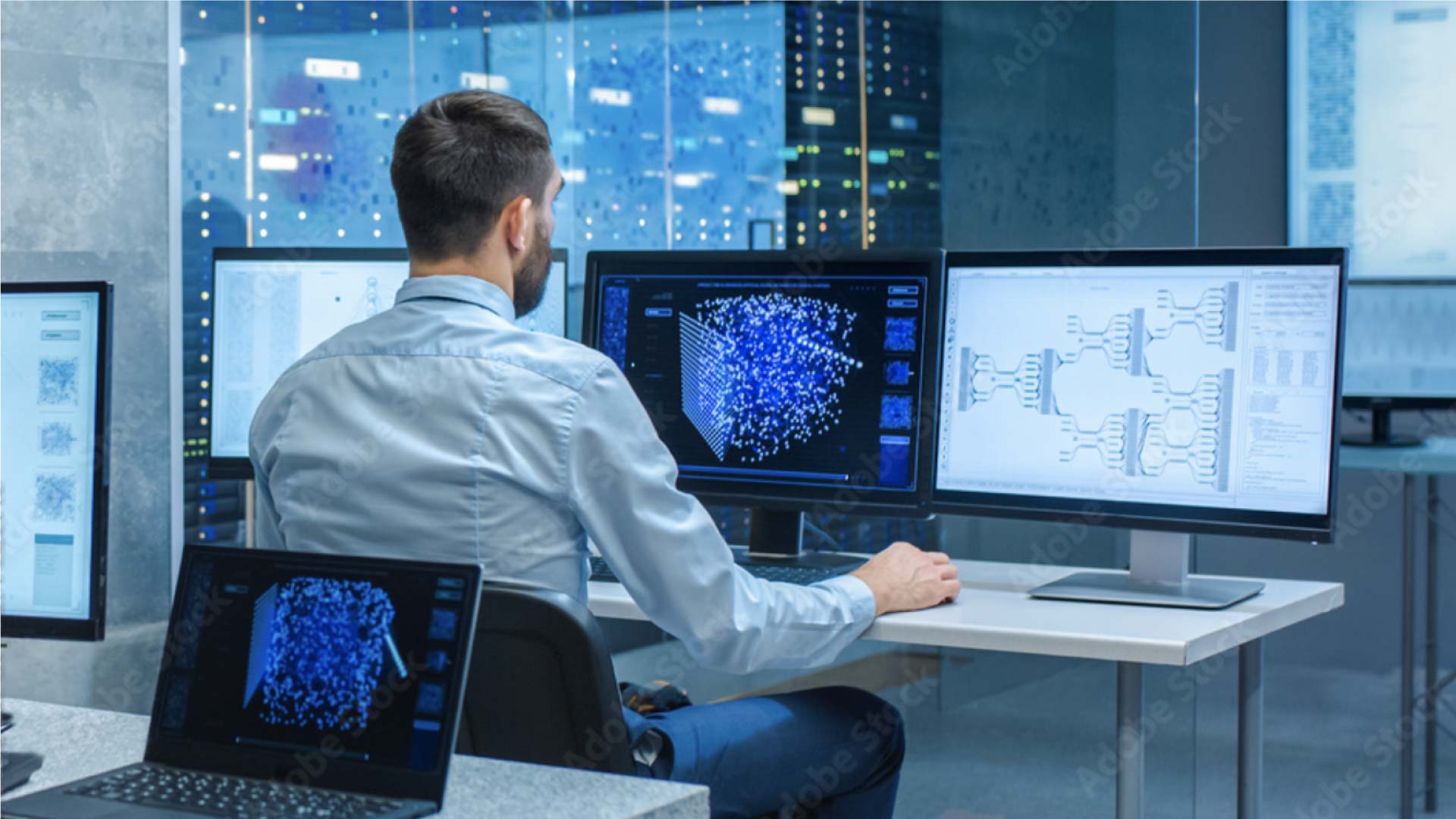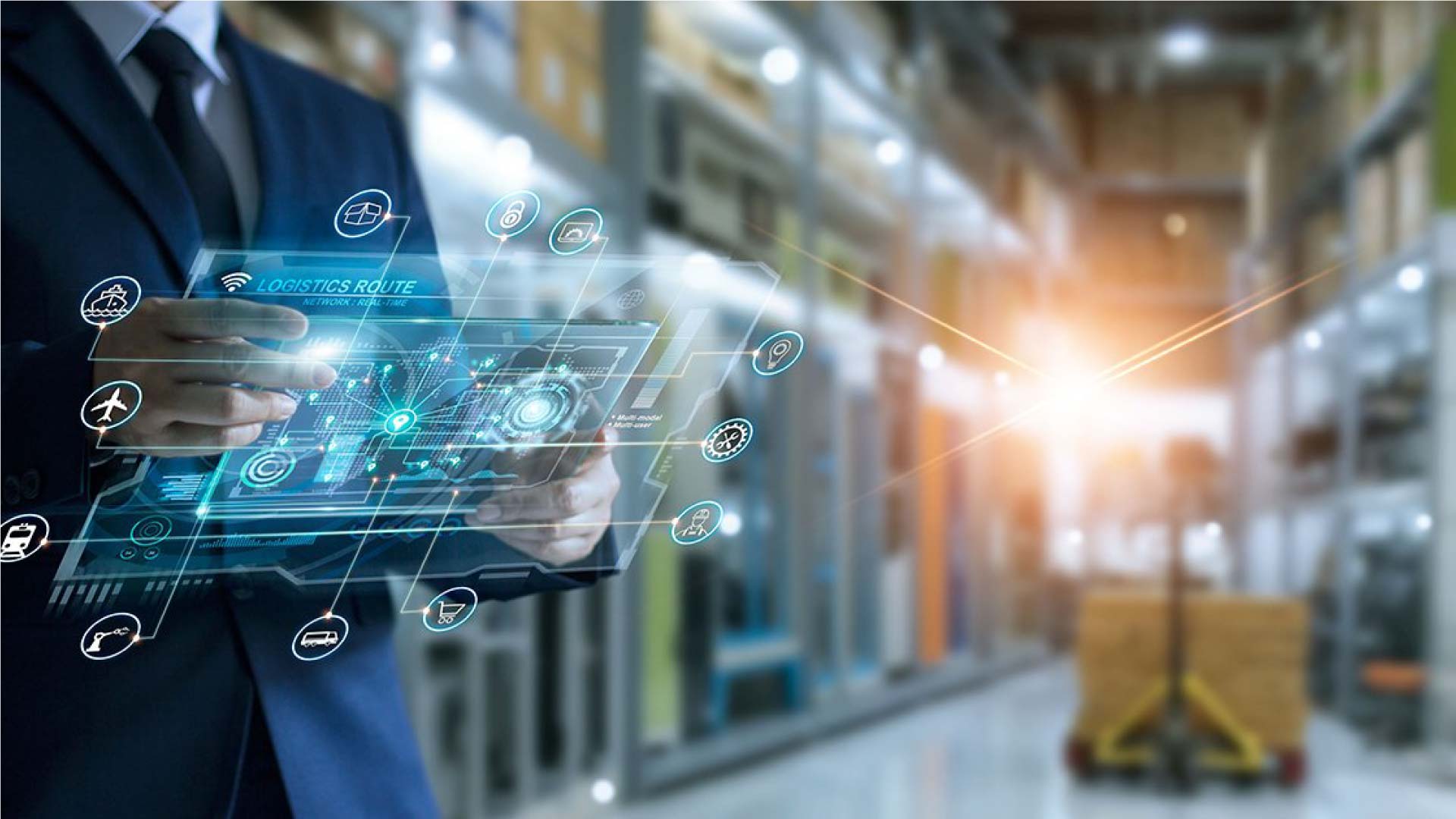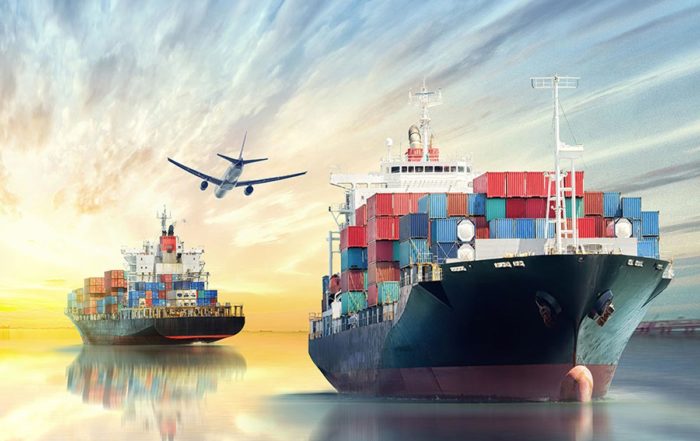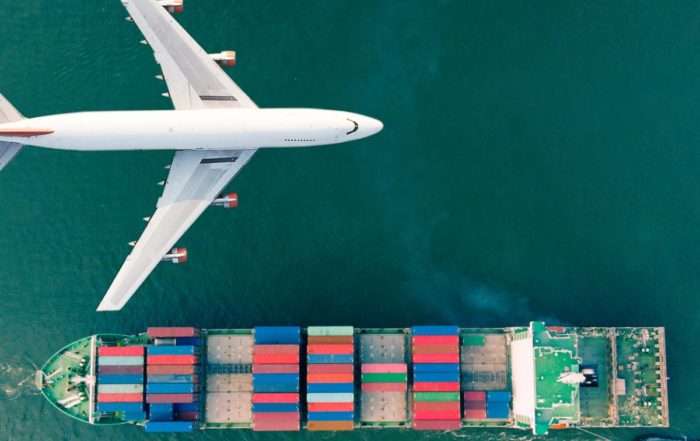The outbreak of the global health crisis caused by the emergence of Covid-19 has not only been a test of fire for the entire population, but for companies also. If there is one sector that has had to adapt more quickly to this new situation however, it is the logistics sector.
It is true that before the arrival of the virus, the logistics sector was already in a process of evolution towards a system with a greater reliance on technology. The speed needed to respond to the unprecedented demand that arose due to lockdown has made it clear that further advances are needed to keep logistics up to the speed demanded by the consumer.
It is true that a pandemic like the one we are still living through was not 100% foreseeable, but ideally we should use this pandemic as a lesson to now make substantial improvements to the way logistics is carried out. Technology and data will become the main allies of logistics companies from now on, as digitalisation is unstoppable regardless of the sector.

New technologies for new logistics
Progress in the logistics sector cannot be understood without the use of the most advanced technology for more efficient management. However, the following will undoubtedly lead the trends of logistics companies in their digitalisation.
- IOT (Internet of Things): The use of smart devices interconnected with processors, sensors and hardware allows immediate data collection during the transportation of goods. This way, alternative routes can be established in the event of possible dangers or transport routes can be optimised thanks to sensor-based mapping.
In the future, the Internet of Things will make it easier to reduce traffic accidents by up to 80 percent and give drivers greater safety by giving them more control over the means and ways of transport. Most importantly it will make it possible to collect data on commercial trends and also allow headquarters to know, in real time, if goods have suffered any kind of problem during transport.
- Artificial intelligence: The use of artificial intelligence in logistics can help minimise problems during transport and guarantee greater security for the person in charge of the transportation of goods. In addition, it also helps optimise transportation routes, which consequently reduces the carbon footprint and helps manage resources more efficiently. Traffic management and the design of more appropriate infrastucture and the scheduling of vehicle maintenance are some of the aspects that will also benefit from the application of artificial intelligence in logistics.
- Big Data: Data is everything. The availability of data allows analysis that helps to optimise the maintenance of the logistics system and to avoid possible unfavourable scenarios for the movement of goods. Thanks to Big Data, routes can be optimised, thus providing total transparency in supply chain management, benefiting all types of transport.
There is no doubt that the use of Big Data in logistics can be one of the best advances, making it possible to offer an even more efficient and faster service. It will even make it possible to know in advance possible peaks in user demand so that logistics companies can act with foresight and continue to meet their deliveries on time.
- Blockchain: Probably the most complex of the technology that is set to play an essential role in the digital era of logistics. It allows business operations to evolve and record transactions and track assets, making use of a much more efficient and transparent system. This ensures a much higher level of security for all parties involved.
Thanks to the blockchain, it will be possible to effectively monitor the performance of suppliers and operators, as well as manage contracts without the need for meetings or physical signatures while guaranteeing security. It can even help to improve security of supply by preventing potential fraud.

As in other sectors, digitalisation and technology are here to stay in the world of logistics. It is now up to logistics companies to apply this new technology effectively in order to adapt to new times and to the demands of more and more users. A new vision of logistics that has brought with it the appearance of Covid-19 and that is here to stay.
Maritime traffic, its functions and dependability
Maritime transport moves cargo equivalent to more than 90% of world trade, according to the International Maritime Organisation
Angola, a destination for growth
It is a country with which Spain has maintained uninterrupted trade relations since it declared its independence in 1977
The container crisis and its effects
Several factors are influencing the container crisis, causing product shortages and price increases.







